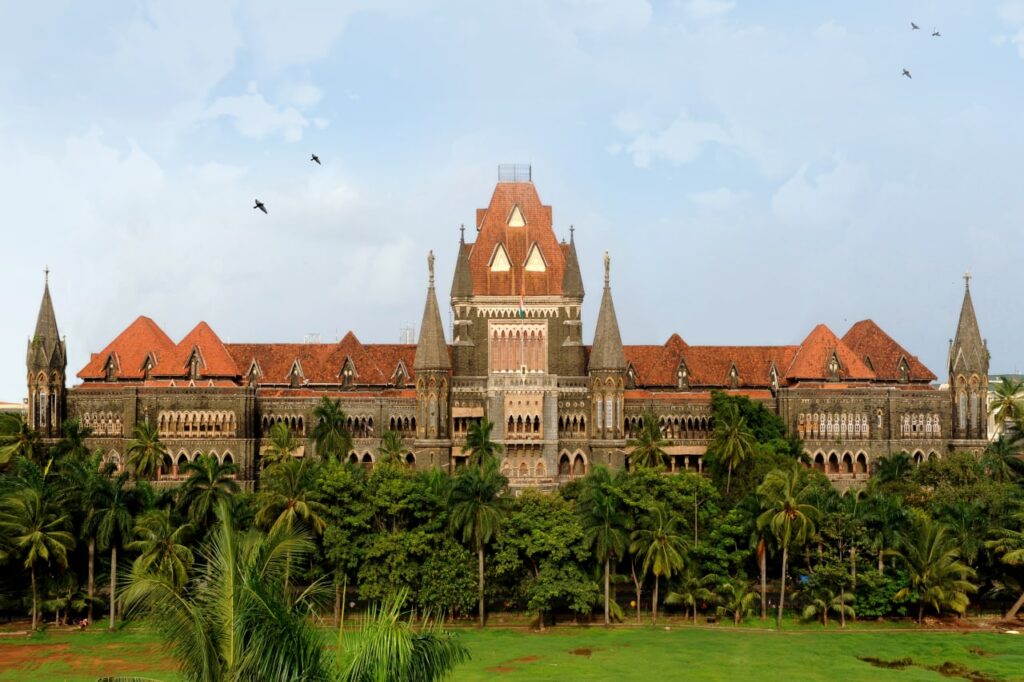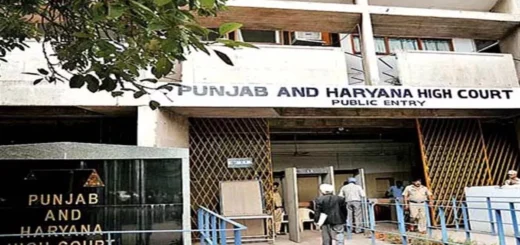Bombay High Court: Sending a WhatsApp message about feelings on the caste reservation system is not a crime under the SC-ST Act.

The Bombay High Court stated that a WhatsApp message about feelings towards the Caste-based Reservation System does not violate the Scheduled Castes and the Scheduled Tribes (Prevention of Atrocities) Act. The Court rejected an appeal made under Section 14A of the Act, which challenged the dismissal of charges against the accused under Sections 3(1)(u) and 3(1)(v). The Nagpur Bench supported the Trial Court’s decision, noting that the messages did not promote enmity, hatred, or ill-will against Scheduled Castes or Scheduled Tribes. Justice Urmila Joshi-Phalke remarked that the messages only expressed feelings about the Caste Reservation System and did not show any intent to create hostility towards these communities. The focus seemed to be on the complainant alone, and the accused did not use any language that would incite hatred against Scheduled Castes or Scheduled Tribes.
Advocate S. Sonwane represented the Appellant, while Additional Public Prosecutor Nitin Autkar represented the Respondents. The Appellant claimed that the Respondent and her father insulted him through written words and stirred up feelings of enmity against Scheduled Castes and Scheduled Tribes. He alleged that after their secret marriage, the Respondent ended the relationship upon discovering his belonging to the ‘Chambhar Community,’ a Scheduled Caste. However, the Trial Court found no evidence to support a prima facie case of promoting hatred or ill-will as required by Section 3(1)(u) of the Act.
The High Court observed that the messages reviewed express opinions about the Caste Reservation System, with some only mentioning Scheduled Castes. None of the messages indicate that accused No. 2 attempted to incite hatred or hostility towards Scheduled Castes. The Bench highlighted that the Act was created to enhance the socio-economic status of Scheduled Castes and Scheduled Tribes, protecting them from various forms of disrespect and mistreatment. The legislation aims to penalize actions against vulnerable groups based on their community affiliation.
In assessing whether a prima facie case exists, the Court stated it must perform a preliminary inquiry to see if the facts in the First Information Report reveal the necessary elements to constitute an offense under the Atrocities Act. The Court must carefully evaluate if the allegations in the complaint, when read plainly, meet the criteria for the alleged offense. After this preliminary inquiry, the lower court concluded that the necessary elements were not present. Therefore, the High Court ruled that the appeal lacks merit and should be dismissed, which it subsequently did.
Cause Title: Vishal v. The State of Maharashtra & Ors. (Neutral Citation: 2024:BHC-NAG:13024)
Appearance:
Appellant: Advocate S. Sonwane
Respondents: Additional Public Prosecutor Nitin Autkar; Advocate R.K.Tiwari









